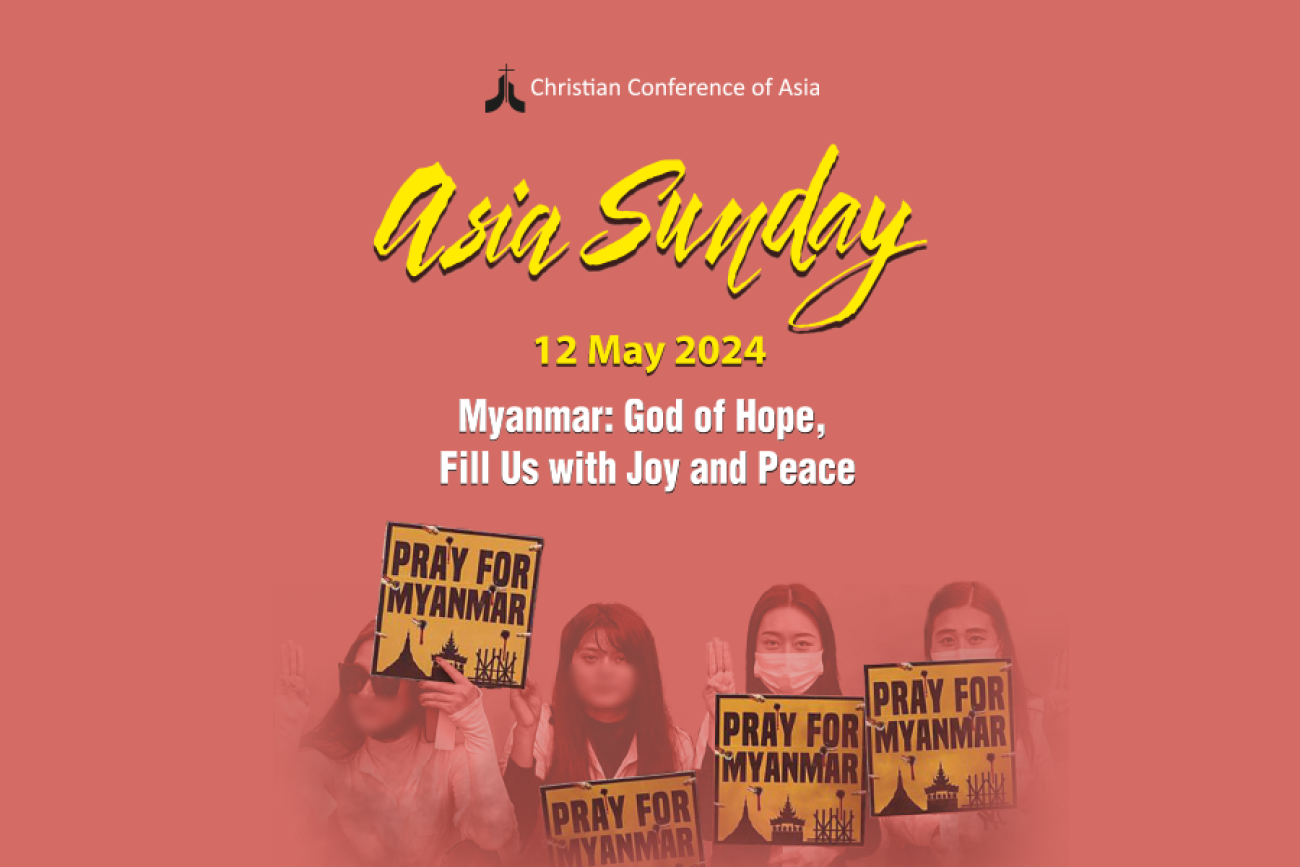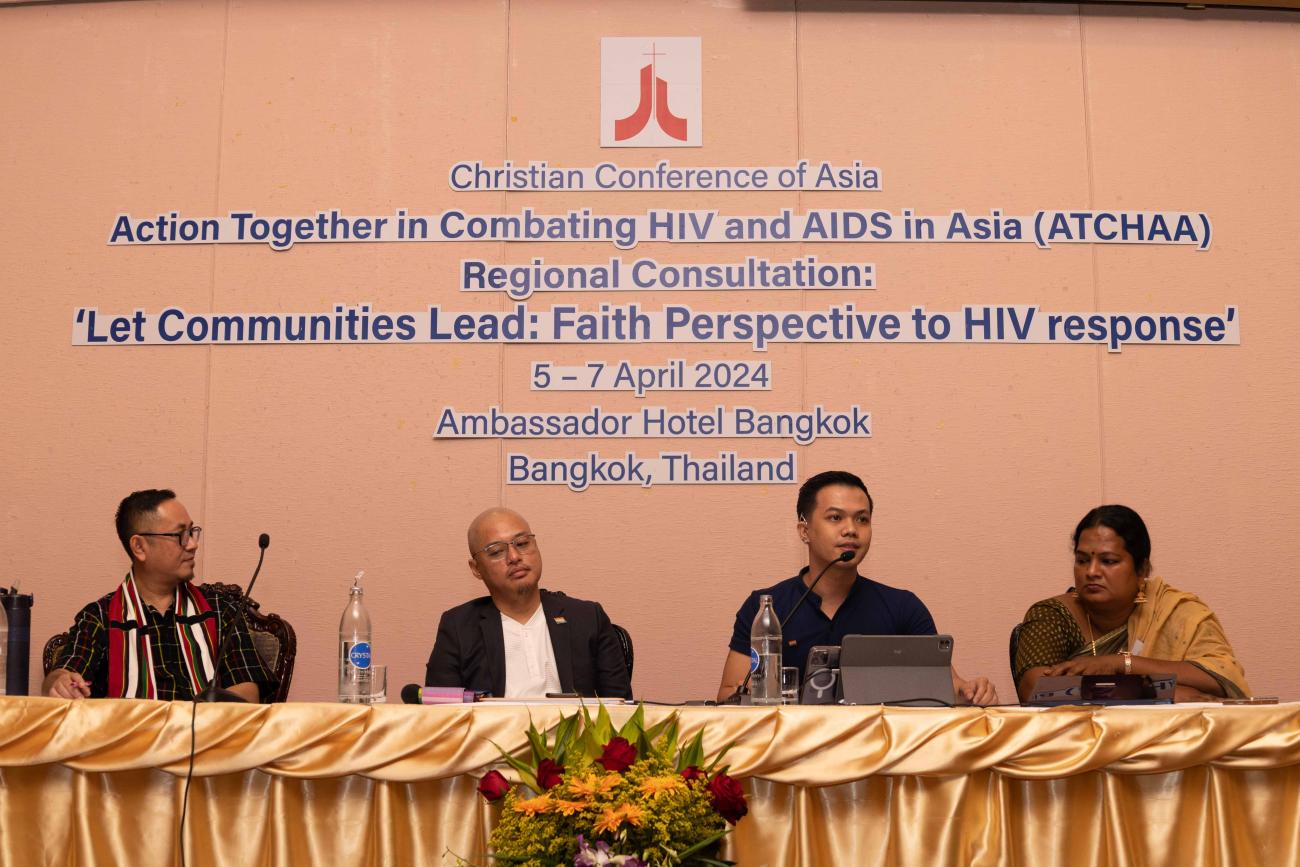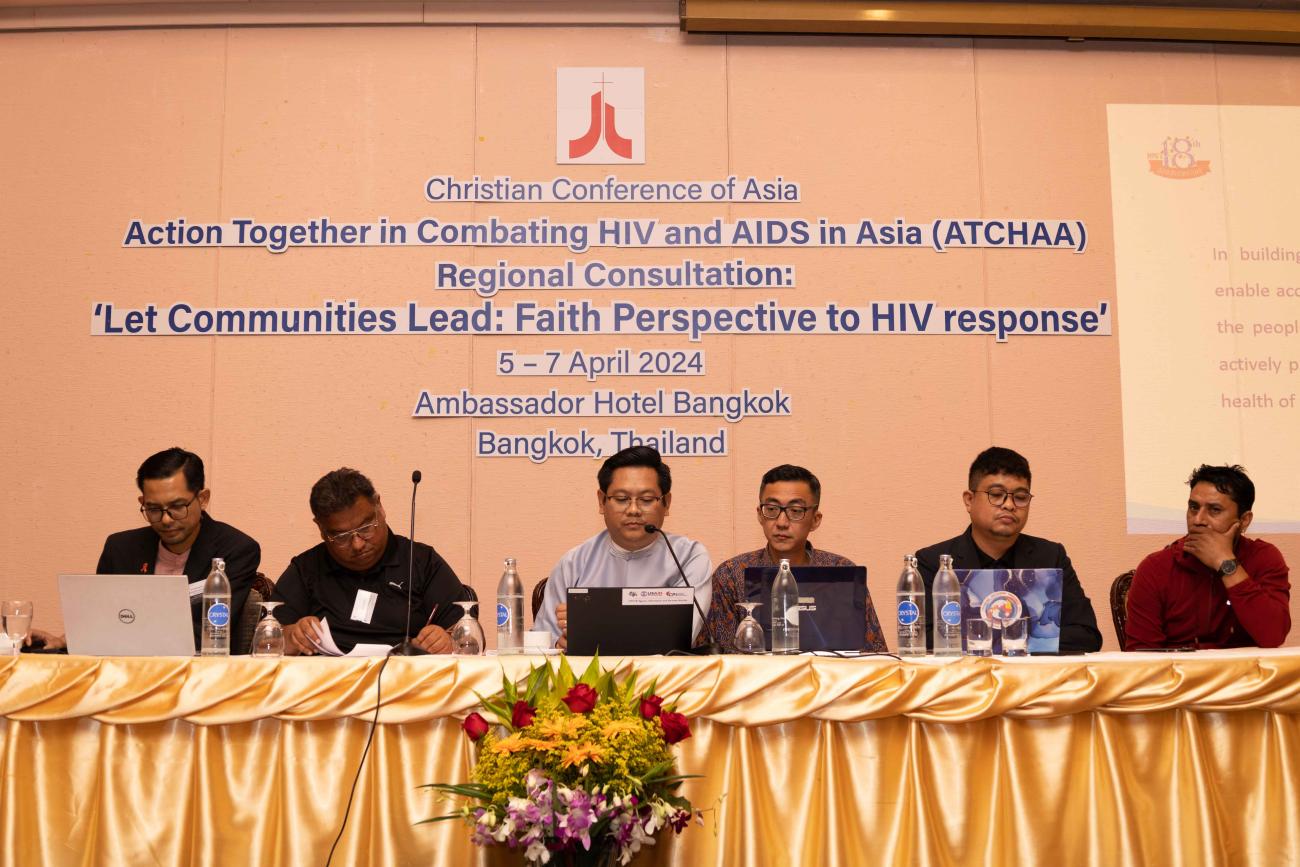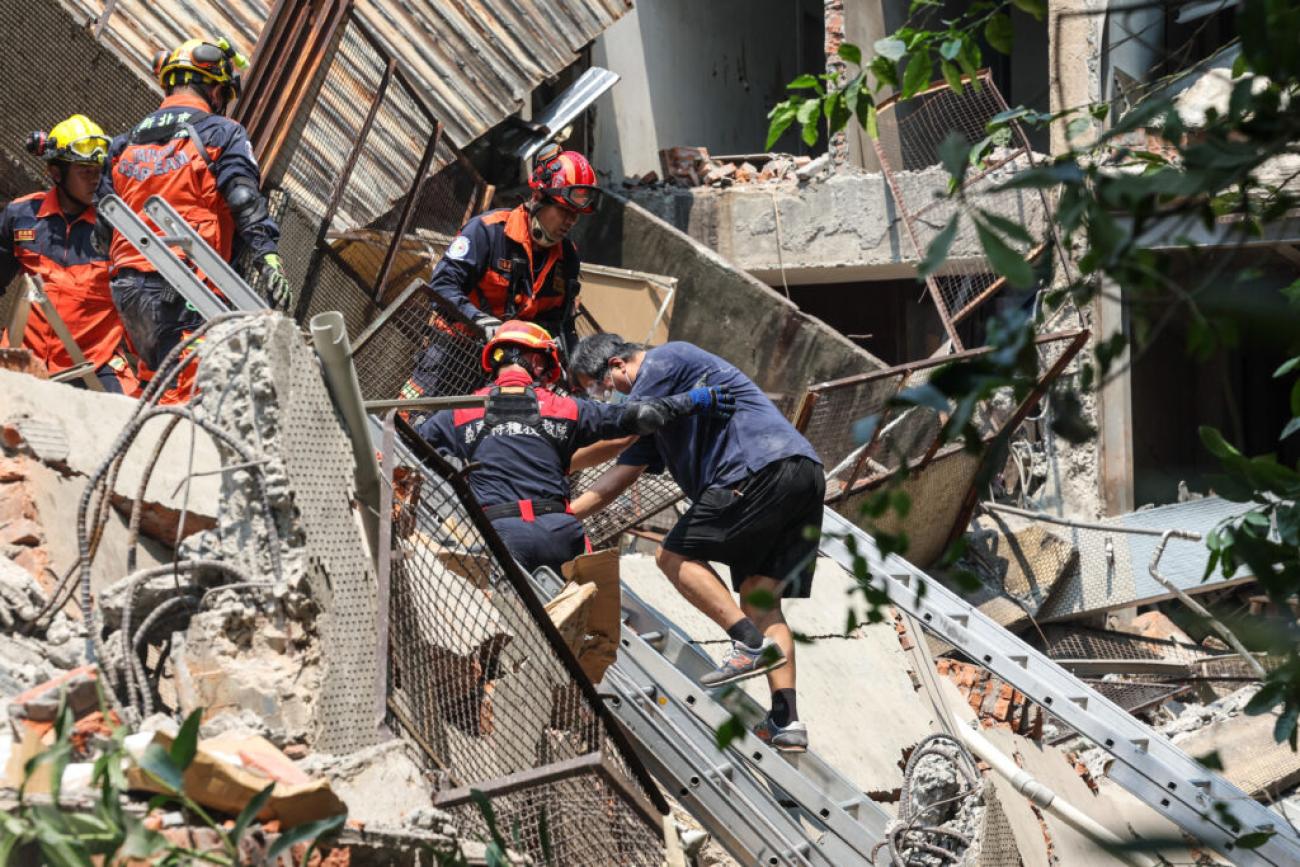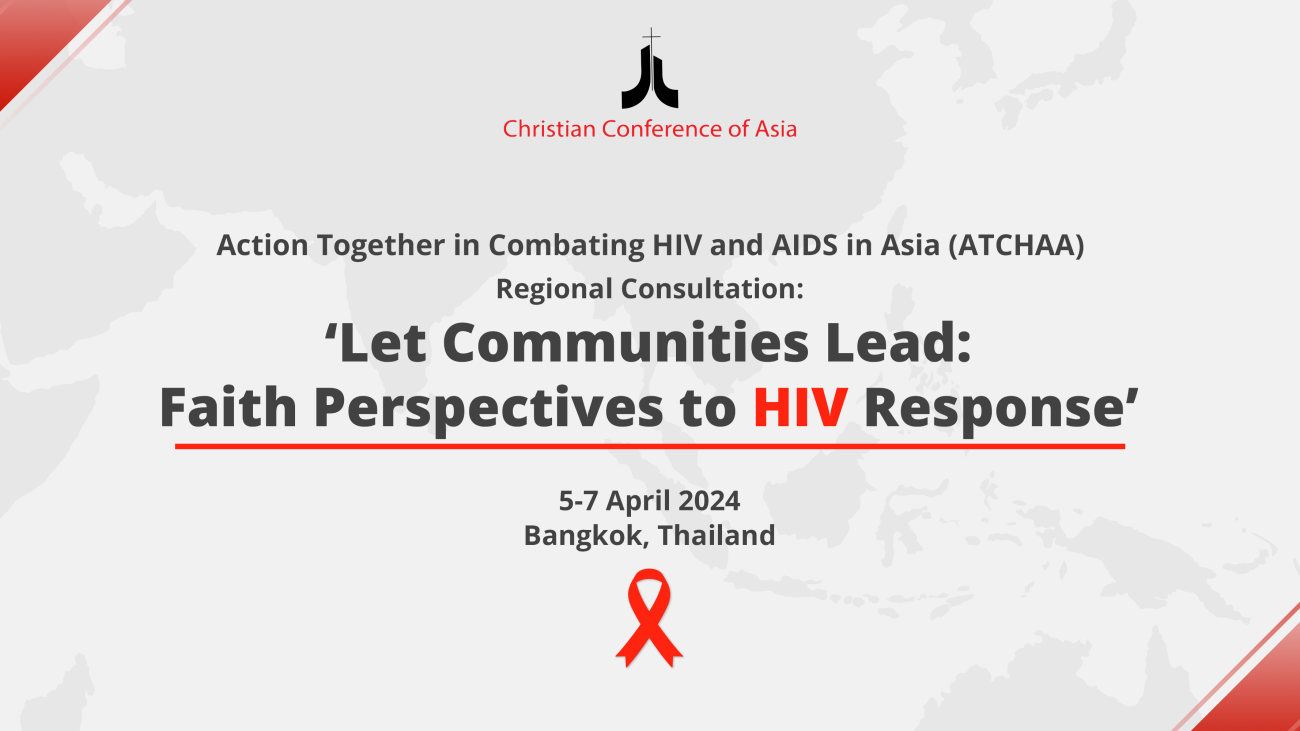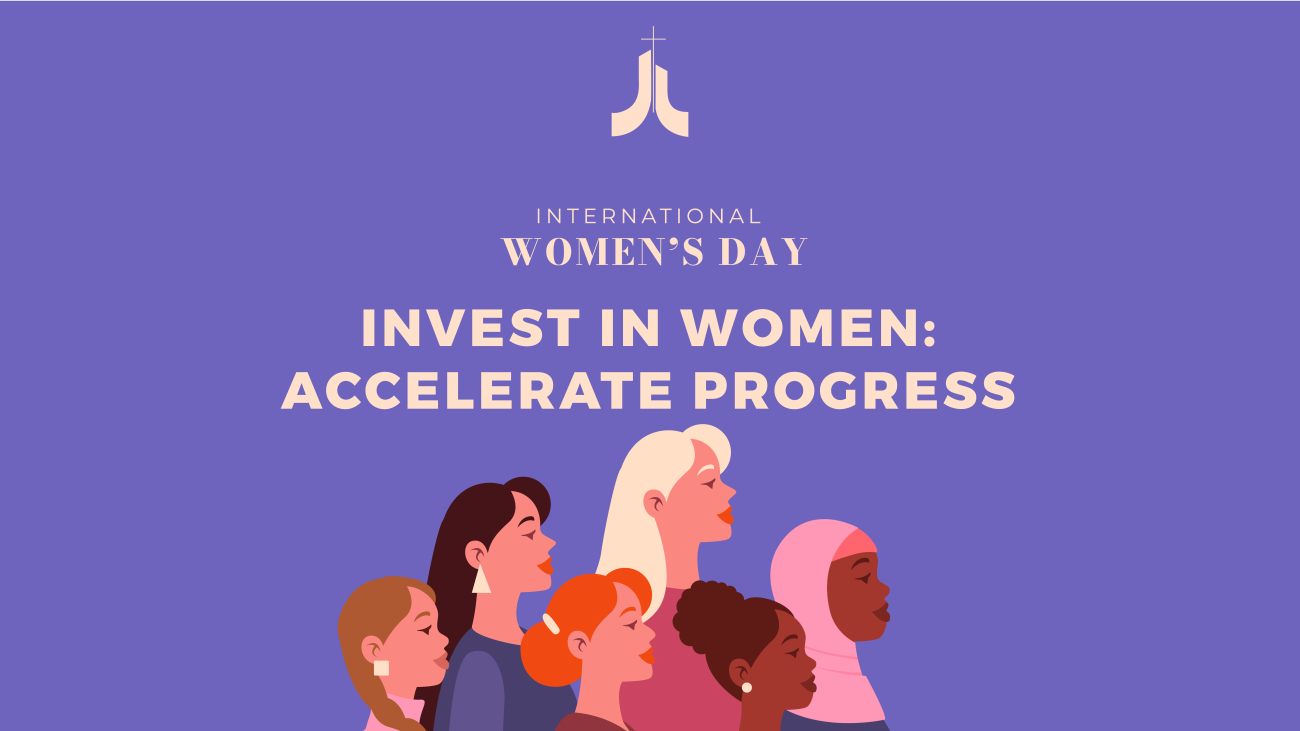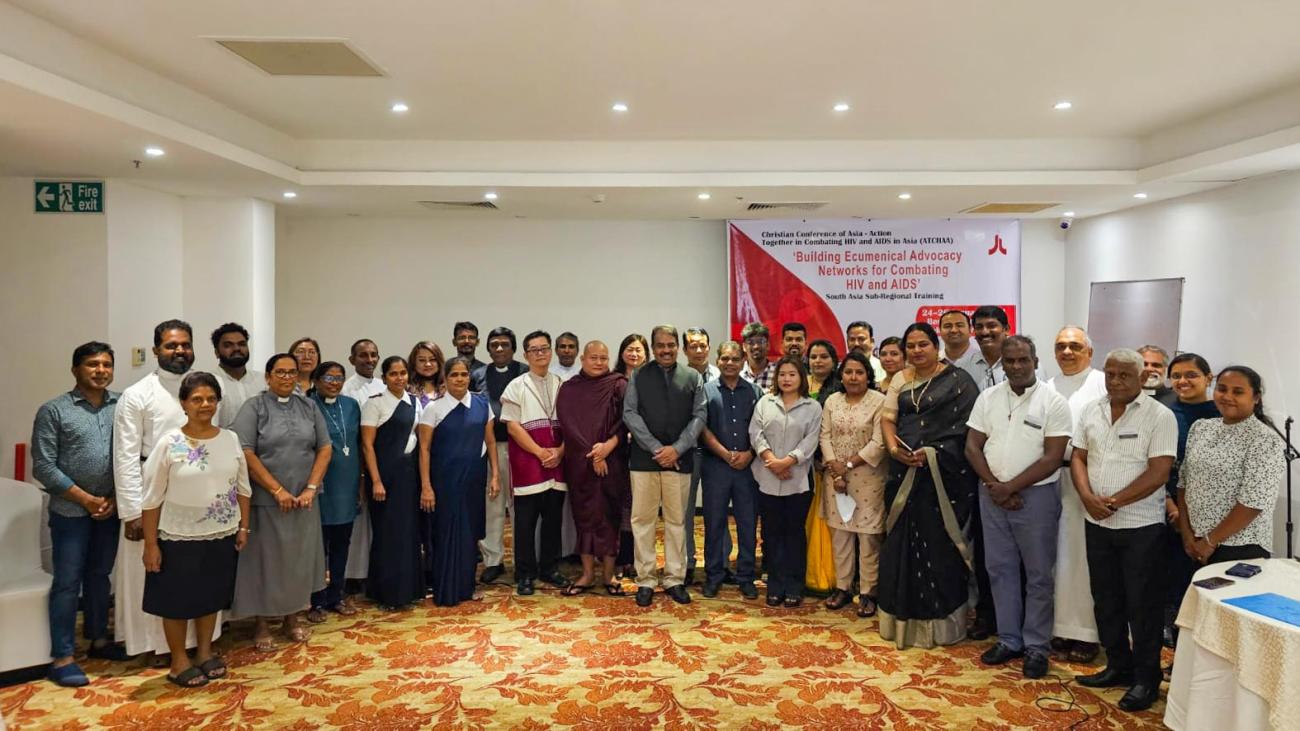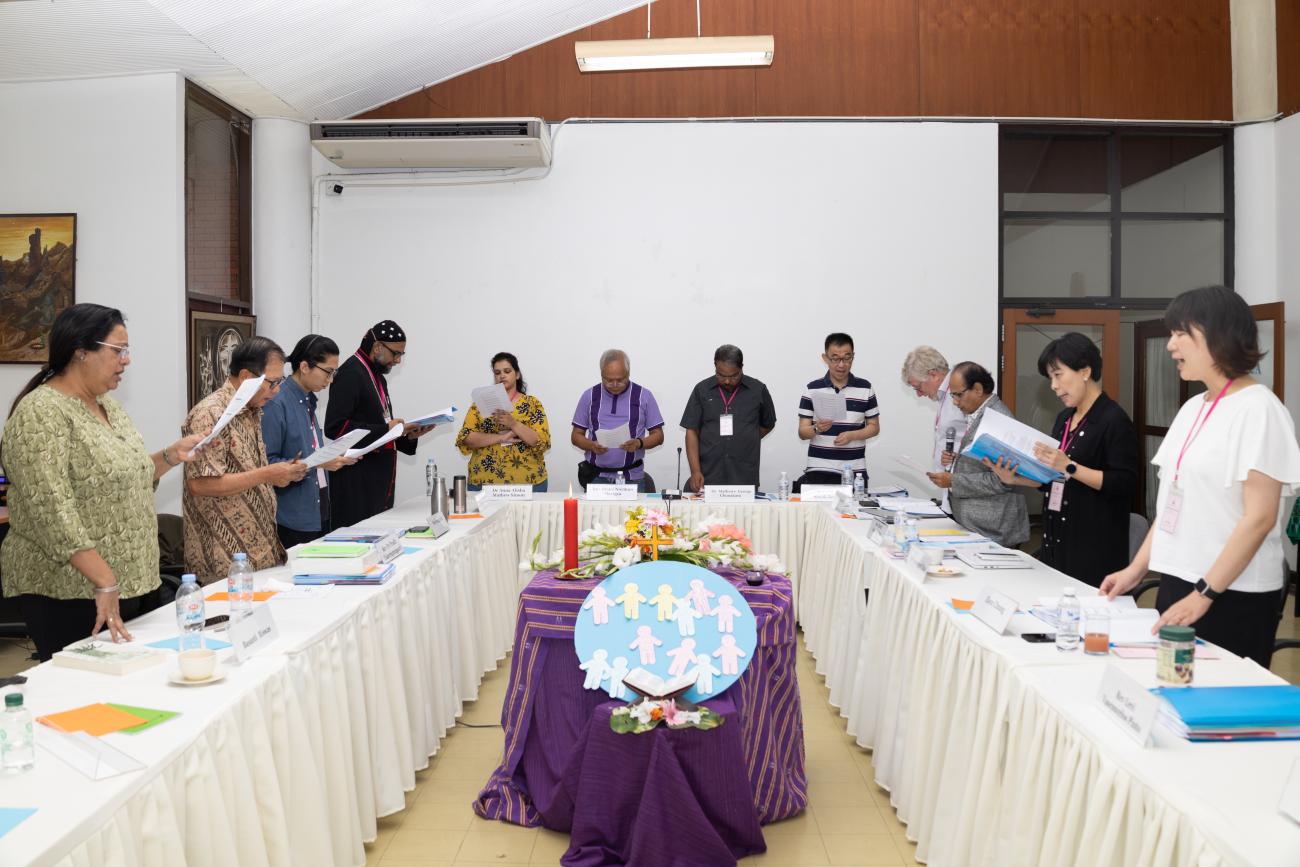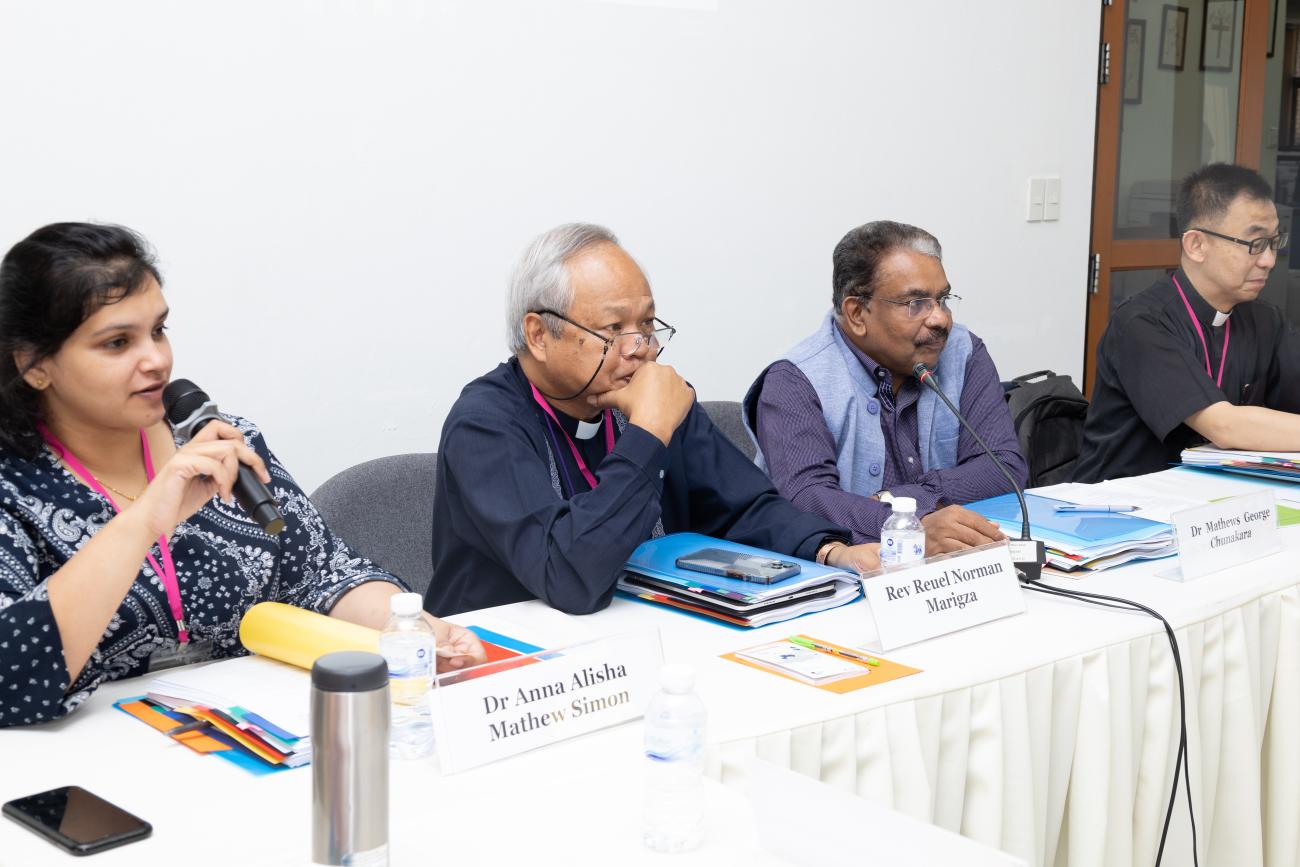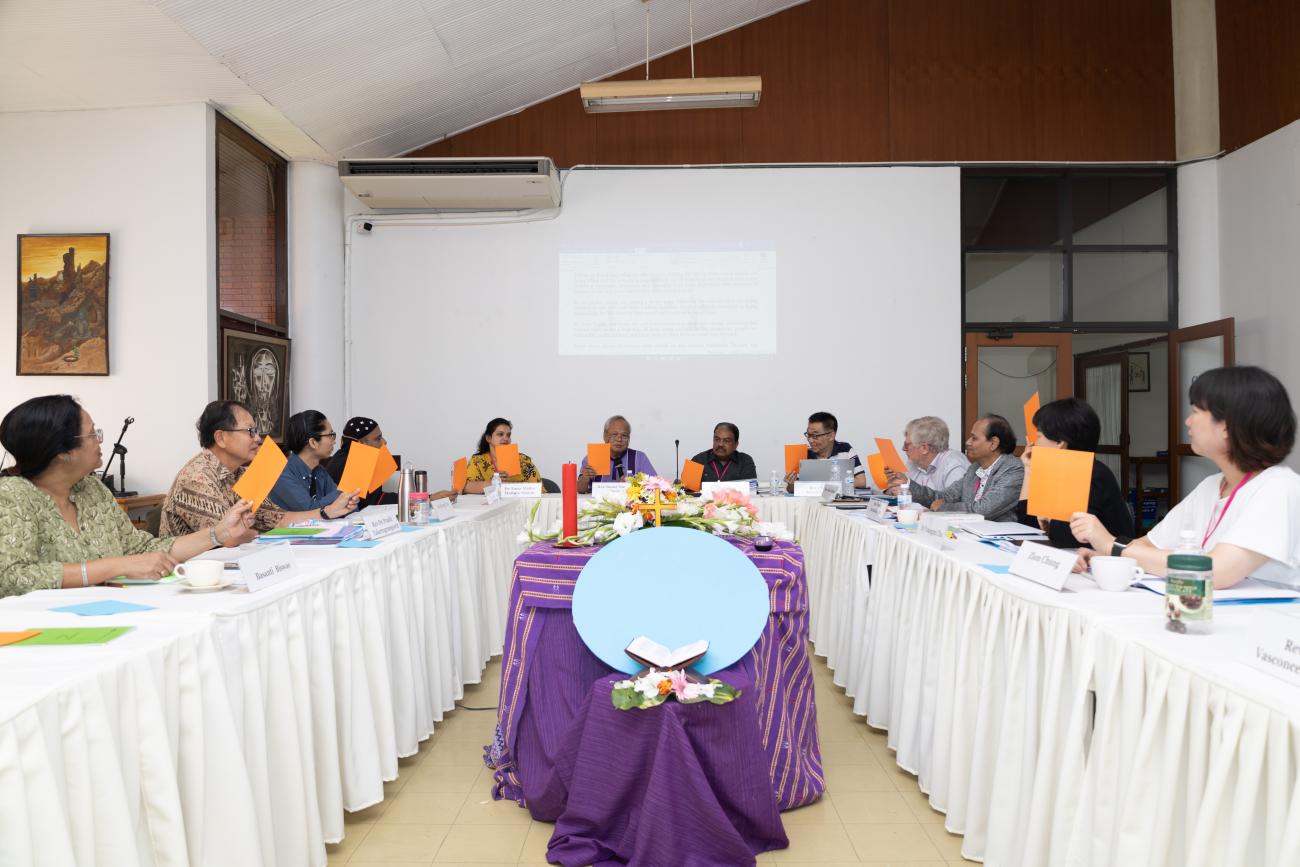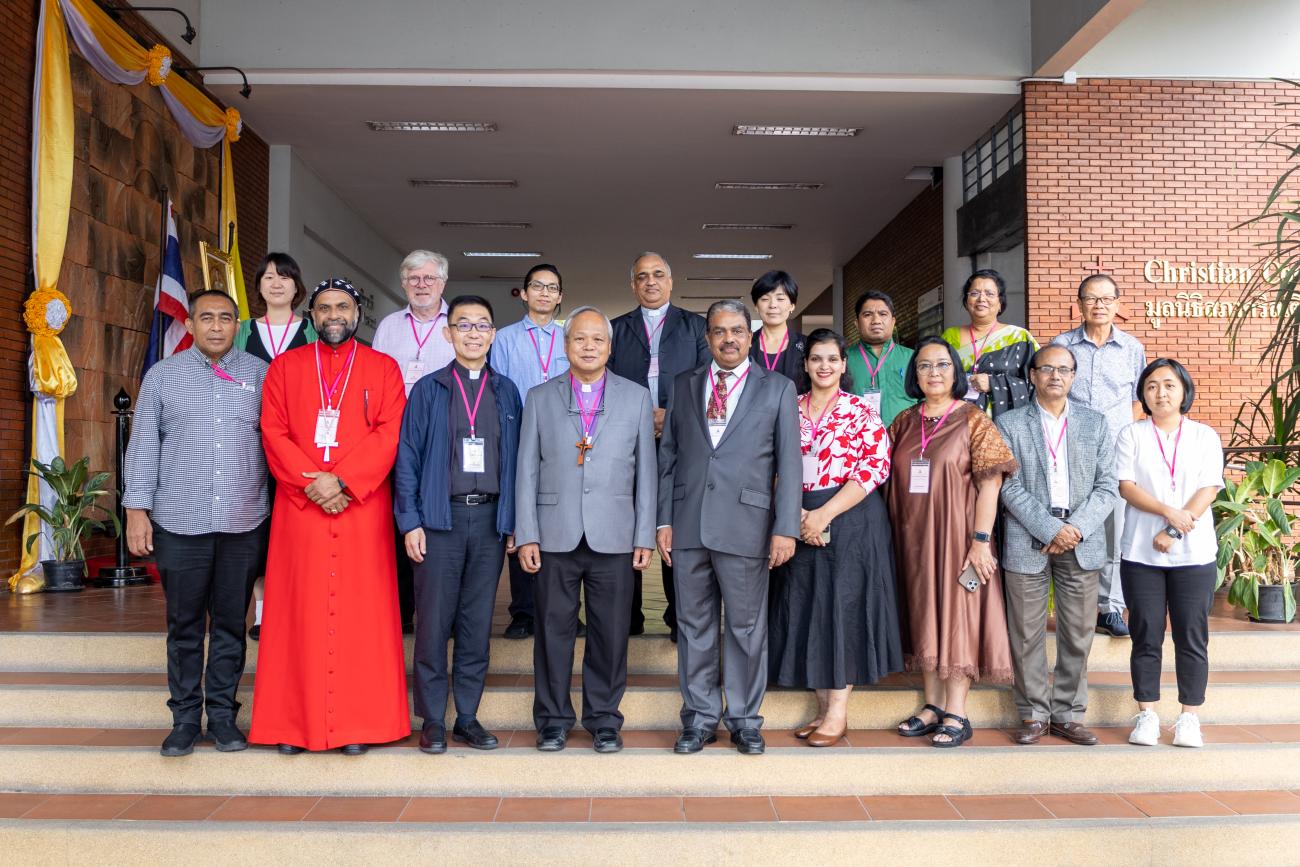Capacity-building training on HIV in Lao People's Democratic Republic
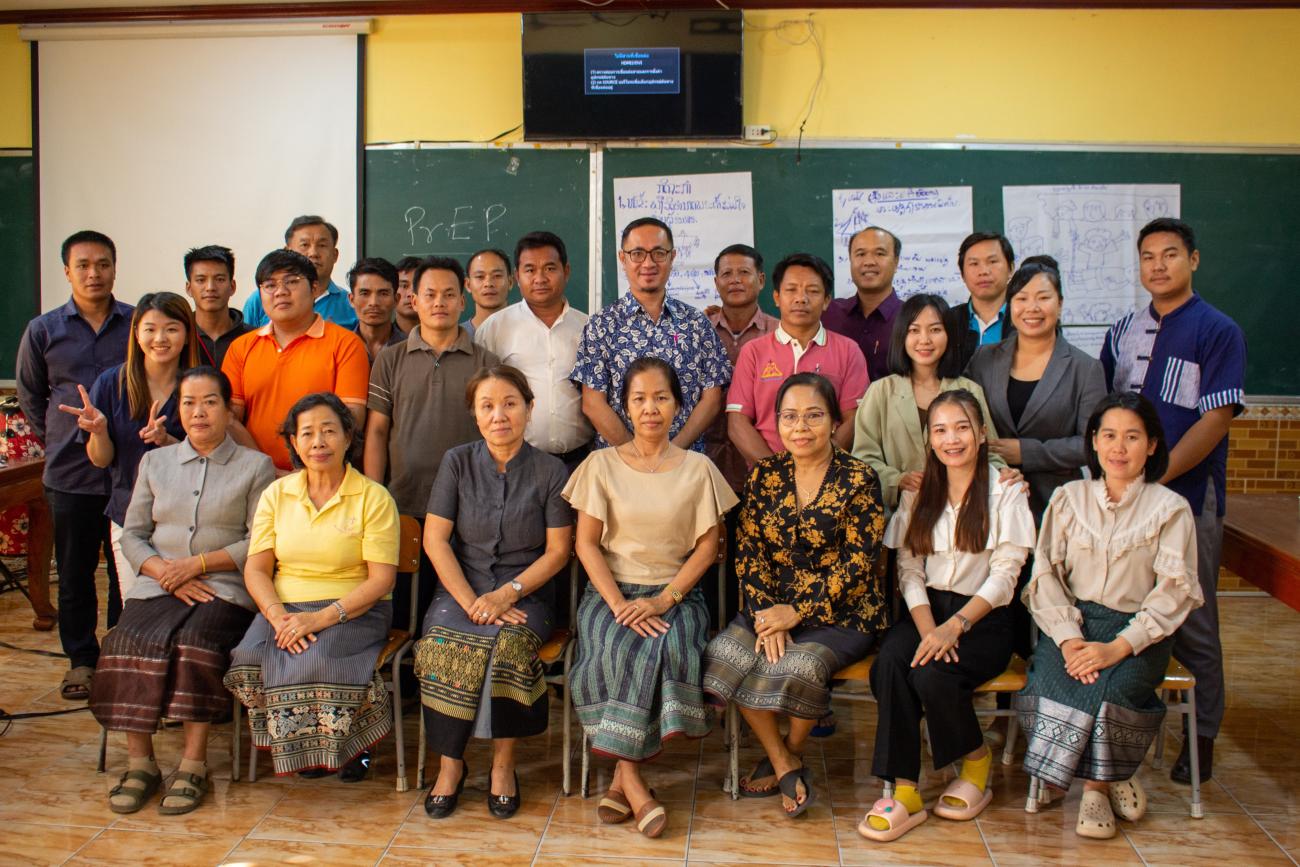
Vientiane, Lao PDR: national capacity-building training on HIV programme on participants 2024
Vientiane, Lao PDR: The Christian Conference of Asia (CCA) conducted a national capacity-building training on HIV in Vientiane, Lao People's Democratic Republic from 27–29 February 2024.
The CCA programme was jointly organised with the CCA’s only member church in the country, the Lao Evangelical Church (LEC).
A total of 26 participants representing 17 different congregations and local organisations took part from both northern and southern parts of the country, including tribal regions.
The sessions addressed topics such as the HIV situation in Lao PDR, concepts and terminologies within HIV care, the SAVE approach, health and healing, overcoming stigma and discrimination, strengths and opportunities for HIV advocacy by churches, assessment tools, evaluations, biblical-theological reflections, and contextual Bible studies.
Several participants expressed gratitude for the opportunity to learn about HIV and its community impacts in detail, which they had not experienced earlier. The training not only provided information but also facilitated discussions on challenging norms for meaningful social change in Lao PDR.
A pastor serving in remote areas shared that he plans to incorporate the knowledge gained into his Sunday sermons, aiming to debunk misconceptions and foster a positive attitude towards PLHIV in the community.
The national-level training in Lao PDR was organised under the CCA’s special project, the Action Together to Combat HIV and AIDS in Asia (ATCHAA).

